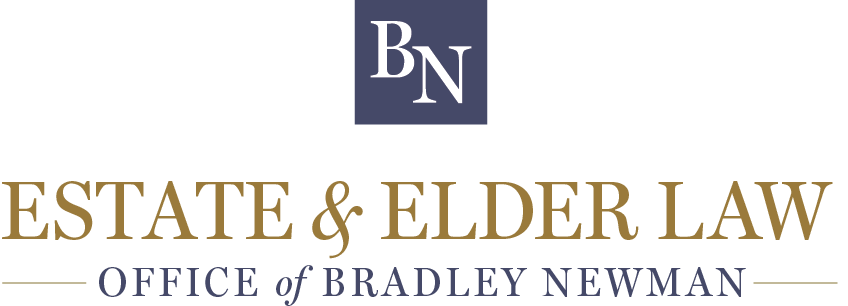Estate Litigation
Litigation regarding estates could involve a Guardianship petition seeking to have someone found to be an incapacitated person and why a Guardian of her/his Person and Estate should not be appointed to manage that person’s affairs. Usually that is necessary when there is no Power-of-Attorney in place. A Power-of-Attorney is a written document where you, the Principal, appoint an Agent to make financial or medical decisions for you when you can no longer do so for yourself. This is a crucial document in your estate plan that is relatively inexpensive. Otherwise, a Guardian may be necessary to carry out your affairs when you no longer have capacity to do so. A Guardian is a person lawfully invested by Court Order with the power, and charged with the duty, of taking care of the person and managing the property and rights of another person, who, for defect of age, understanding, executive functioning or self-control, is considered incapable of administering his/her own affairs. This requires a Court process which could be cost prohibitive.
Among other disputes, litigation could involve Will contests. Grounds for contests are lack of testamentary capacity, undue influence, fraud, forgery, mistake, improper execution, lack of intent to do a Will, insane delusion, tortious interference with inheritance, and lost Wills. Litigation could also involve objecting to the administration of an Executor.

